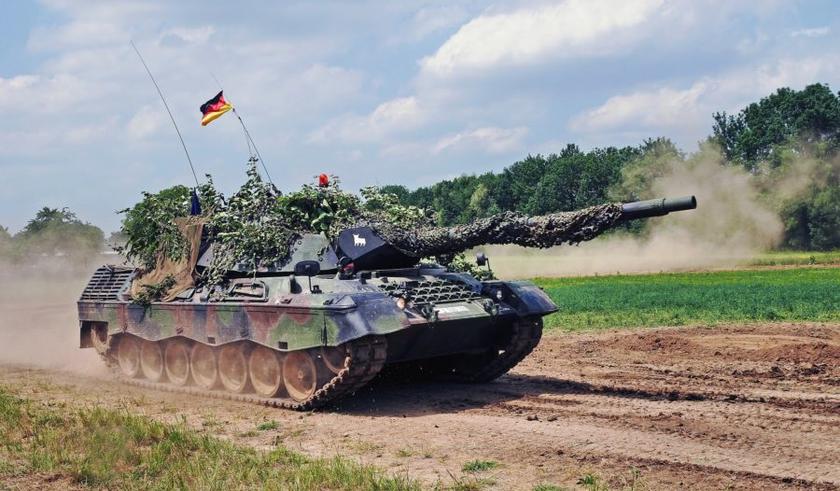
Switzerland blocks the sale of 96 Leopard 1A5 tanks to Germany’s Rheinmetall for further re-export to Ukraine
The Swiss Federal Council has rejected an application to sell 96 Leopard 1A5 combat vehicles to the German company Rheinmetall. These combat vehicles were to be exported to Ukraine, writes the Swiss publicationSRF.
The Swiss defense manufacturer Ruag bought these tanks in Italy in 2016 with the intention of reselling them either as combat vehicles or as spare parts. For seven years, Ruag had been planning to sell these tanks to Rheinmetall, one of Germany’s largest defense companies. However, this request was rejected by the Swiss Federal Council.
According to the plan, Rheinmetall was to restore the tanks and hand them over to the Ukrainian Armed Forces. But the Swiss Federal Council rejected the request, citing that it would be contrary to the War Materials Act, which prohibits the export of military equipment to countries at war.
This rejected request is just one of many that have been rejected by the Swiss Federal Council, demonstrating its strict adherence to its existing legislation and ignoring Ukraine’s right to self-defense. Earlier, Germany tried to get permission to send Swiss ammunition for the Gepard anti-aircraft tank to Ukraine, but this request was also rejected.
At the same time, SRF writes that repeated exports of military goods may become possible under certain conditions. The main issues that arose during the development of this draft law are its compatibility with international law on neutrality.
In particular, there is a “combined approach” under which the Federal Council may in the future set a five-year time limit for non-exportation applications in certain cases. This applies to situations where the destination country does not violate human rights, there is no threat of using military equipment against the civilian population, and this country is not a party to an internal or international armed conflict.
In addition, re-export of military equipment to a country that is a party to a war is possible if that country exercises its right to self-defense under international law, and this has been confirmed by a decision of the UN General Assembly or the UN Security Council. However, the latter is unlikely because of the veto power of the permanent members of the UN Security Council, including Russia, which is the aggressor in this war, and China.
Therefore, Switzerland will continue to support the killing of civilians in Ukraine by the Russians in order to avoid violating its neutrality law under the pretext of protecting civilians. Surrealism in action…

